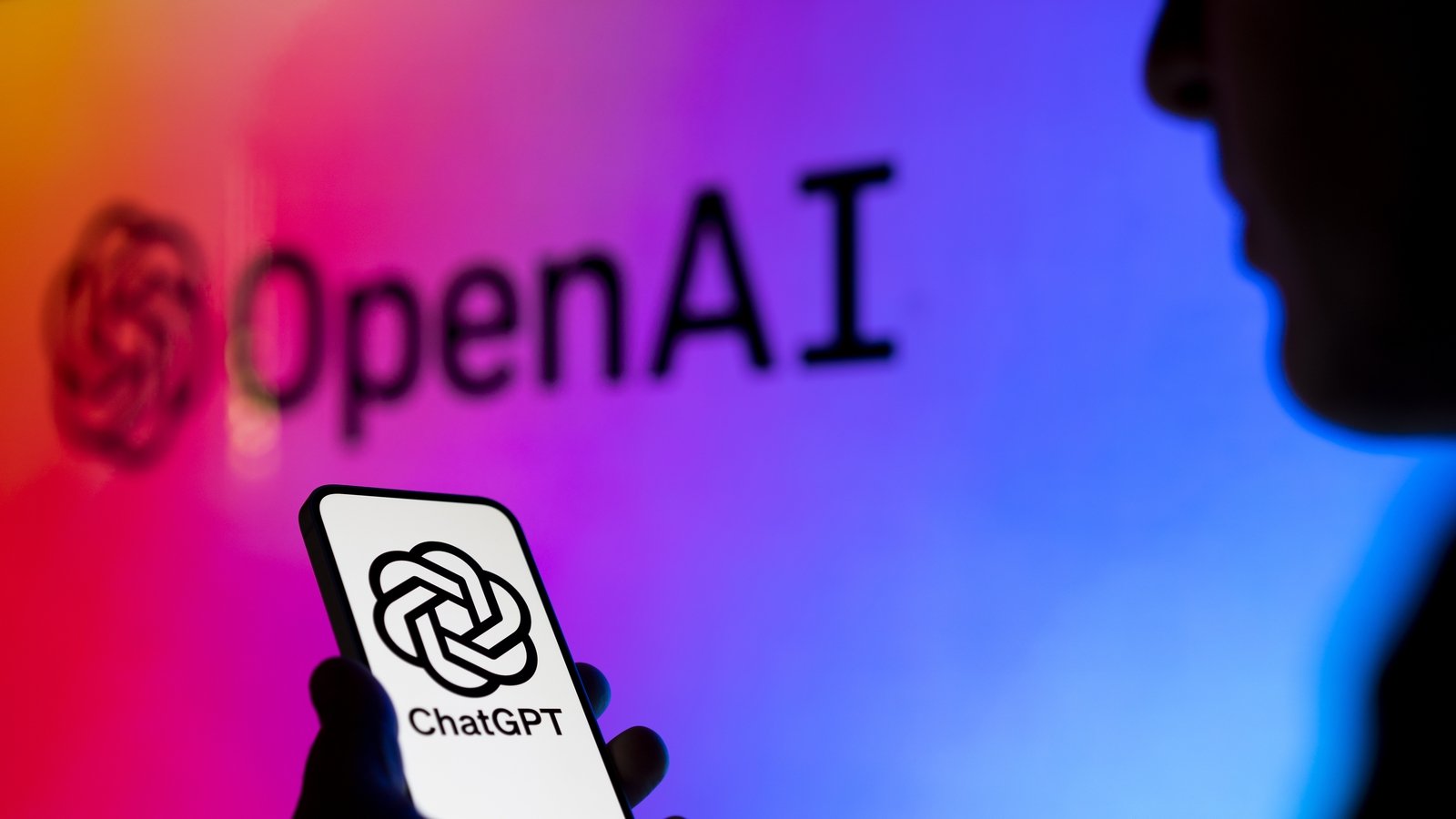OpenAI is venturing into a territory long dominated by Google with the selective launch of SearchGPT, an artificial intelligence-powered search engine with real-time access to information from the internet.
The move also places the AI giant in competition with its largest backer Microsoft’s Bing search and emerging services such as Perplexity – a search-focused AI chatbot firm backed by Amazon founder Jeff Bezos and semiconductor giant Nvidia.
Shares of Google’s parent company Alphabet ended 3% lower on Thursday after OpenAI’s announcement.
OpenAI said it has opened sign-ups for the new tool, which is currently in the prototype stage and is being tested with a small group of users and publishers. The company plans to integrate the best features from the search tool into ChatGPT in the future.
“AI-powered search tools from OpenAI and Perplexity re-affirm search as a content engagement model but pressure Google to be better at its own game,” Canaccord Genuity analyst Kingsley Crane said.
Google dominates the search engine market with a 91.1% share as of June, according to web analytics firm Statcounter.
SearchGPT will provide summarized search results with source links in response to user queries, OpenAI said in a blog post. Users will also be able to ask follow-up questions and receive contextual responses.
The company will give publishers access to tools for managing how their content appears in SearchGPT results. News Corp and The Atlantic are publishing partners for SearchGPT.
SearchGPT signals a closer collaboration between publishers and OpenAI, following content licensing agreements with major organizations like Associated Press, News Corp and Axel Springer.
“Newer AI-powered search providers could face challenges of their own, with Perplexity already facing pending legal action from publishers like Wired and Forbes, and Condé Nast,” said Crane.
Major search engines have been trying to integrate AI into search since ChatGPT first launched in November 2022.
Microsoft, through its early investment, adopted OpenAI technology for its Bing search engine, while Google rolled out AI-powered summaries for the wider public at its developer conference in May.

